Blogs & News
We are focus on automotive wiring harness & connectors technology.
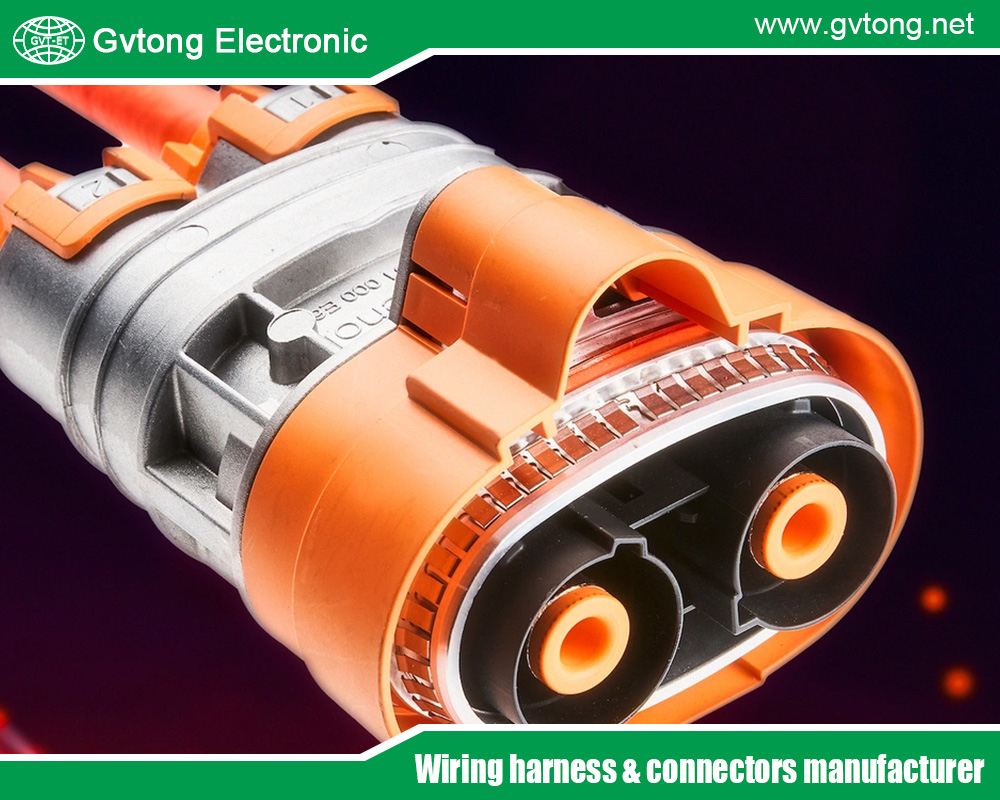
The Importance of Having the Right Automotive Connectors
- Gvtong Electronic
- 12 volt 2 pin waterproof connector, 2 pin waterproof electrical connector, Automobile Connector In China, Automotive and Sealed PCB Wire Connectors, Automotive and Transportation Connector Companies Russia, automotive connector companies, automotive connector manufacturers in china, Automotive Connector manufacturers InThailand, automotive connectors, automotive connectors factory, automotive connectors hotsale, automotive connectors manufacturer, Automotive Connectors manufacturers in Delhi, Automotive Connectors Manufacturers in India, automotive connectors supplier, automotive connectors wholesale, automotive electrical connector, Automotive Electrical Connectors Manufacturer In Thailand, automotive High voltage connector, automotive Low voltage connector, automotive Oil-resistant Connectors, automotive Signal Connector, automotive waterproof connectors, Custom Low Voltage Vehicle Automotive Connectors, Flat Wire Motor Connector, High-Voltage Automotive Connectors India, OEM/ODM for Automotive Connectors, Top 10 Automotive connector supplier Companies
- No Comments
The Importance of Having the Right Automotive Connectors
In the intricate world of modern automobiles, where advanced electronics and mechanical systems work in harmony, automotive connectors serve as the unsung heroes. These small but critical components ensure seamless communication between various systems, enabling vehicles to operate efficiently, safely, and reliably. As vehicles become more sophisticated with the integration of electric powertrains, autonomous driving technologies, and advanced infotainment systems, the importance of selecting the right automotive connectors cannot be overstated. This article explores the critical role of automotive connectors, their types, applications, and why choosing the right connectors is essential for performance, safety, and durability in today’s automotive landscape.
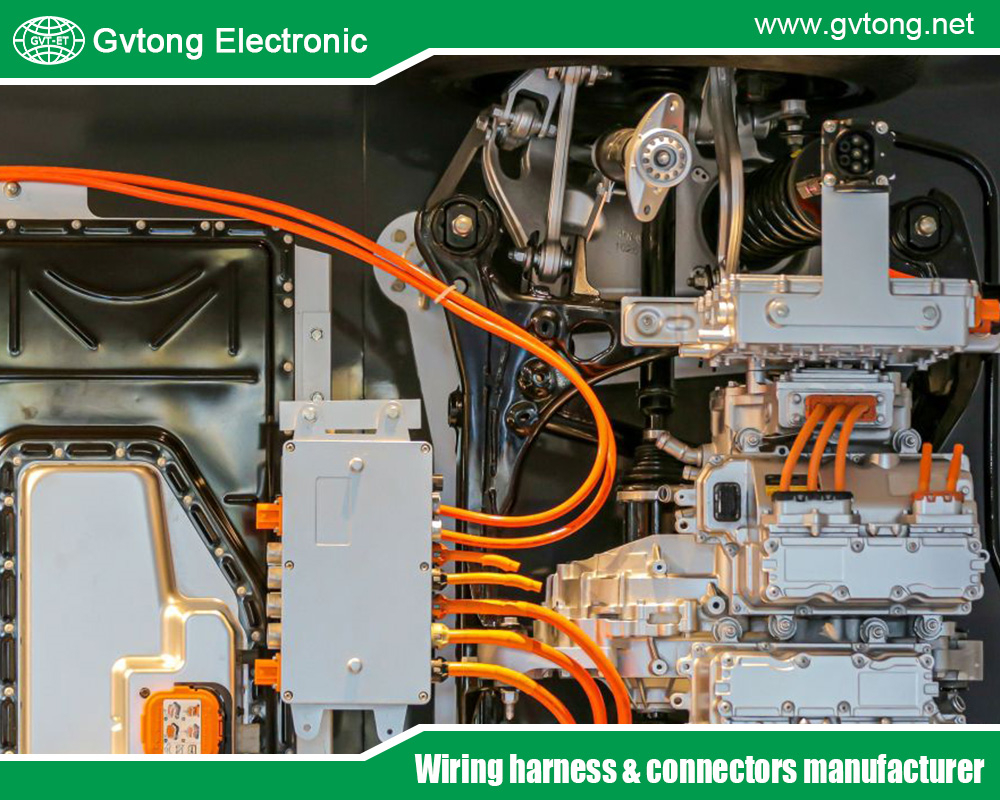
What Are Automotive Connectors?
Automotive connectors are electromechanical devices designed to establish secure and reliable electrical connections between different components in a vehicle. They act as the interface that allows power, signals, and data to flow between systems such as the engine control unit (ECU), sensors, actuators, lighting, infotainment, and more. These connectors are engineered to withstand the harsh conditions of the automotive environment, including extreme temperatures, vibrations, moisture, and exposure to chemicals.
Connectors come in various shapes, sizes, and configurations, each tailored to specific applications. They consist of male and female components, often with multiple pins or terminals, that mate to form a connection. The quality and design of these connectors directly impact a vehicle’s performance, safety, and longevity.
The Role of Automotive Connectors in Modern Vehicles
Modern vehicles are marvels of engineering, equipped with thousands of electrical and electronic components. Automotive connectors play a pivotal role in ensuring these components work together seamlessly. Here are some key functions of automotive connectors:
- Power Distribution
Connectors facilitate the transmission of electrical power to critical systems such as the battery, alternator, starter motor, and auxiliary components like lights and climate control. High-current connectors are designed to handle significant power loads while minimizing energy loss and heat generation.
- Signal Transmission
Sensors and control modules rely on connectors to transmit data signals with high accuracy and minimal interference. For example, connectors in an anti-lock braking system (ABS) ensure that signals from wheel speed sensors reach the ECU in real time, enabling precise brake control.
- Data Communication
With the rise of connected vehicles, connectors support high-speed data communication for infotainment systems, navigation, vehicle-to-vehicle (V2V) communication, and over-the-air (OTA) software updates. These connectors must support protocols like CAN (Controller Area Network), LIN (Local Interconnect Network), or Ethernet.
- Modularity and Scalability
Connectors enable modularity in vehicle design, allowing manufacturers to integrate new features or upgrade systems without overhauling the entire wiring harness. This is particularly important for electric vehicles (EVs) and autonomous vehicles, where new technologies are rapidly evolving.
Types of Automotive Connectors
The diversity of automotive applications demands a wide range of connector types, each designed for specific requirements. Below are some common types of automotive connectors:
- Terminal Connectors
These are single-wire connectors used for simple point-to-point connections, such as grounding or low-power applications. They are cost-effective and easy to install.
- Multi-Pin Connectors
Multi-pin connectors, such as those used in ECUs or sensor modules, have multiple terminals to carry power, ground, and signal lines within a single housing. They are compact and ideal for complex systems.
- High-Voltage Connectors
Designed for electric and hybrid vehicles, high-voltage connectors handle the high currents and voltages required for electric motors and battery systems. These connectors prioritize safety with features like shielding and locking mechanisms.
- Waterproof/Sealed Connectors
Used in areas exposed to moisture, such as under the hood or in exterior lighting, sealed connectors prevent water ingress and corrosion. They are critical for maintaining reliability in harsh environments.
- Coaxial Connectors
Coaxial connectors are used for high-frequency signals, such as those in GPS, radar, or infotainment systems. They provide excellent shielding to prevent signal interference.
- Fiber Optic Connectors
In advanced vehicles, fiber optic connectors transmit high-speed data for systems like autonomous driving or in-vehicle networks. They offer superior bandwidth and immunity to electromagnetic interference (EMI).
Why Choosing the Right Automotive Connectors Matters
Selecting the right automotive connectors is not just a matter of functionality; it directly impacts the safety, efficiency, and longevity of a vehicle. Below are the key reasons why choosing the appropriate connectors is critical:
- Ensuring Reliability
Vehicles operate in demanding conditions, from freezing winters to scorching summers, and are subject to constant vibrations and mechanical stress. Poor-quality or mismatched connectors can loosen, corrode, or fail, leading to system malfunctions. For example, a faulty connector in the airbag system could prevent deployment during a collision, compromising passenger safety. High-quality connectors, designed to meet automotive standards like ISO 16750 or SAE J1455, ensure long-term reliability.
- Enhancing Safety
Safety is paramount in the automotive industry, and connectors play a critical role in ensuring that safety systems function as intended. Connectors in systems like ABS, electronic stability control (ESC), or advanced driver-assistance systems (ADAS) must deliver precise and uninterrupted signals. Using connectors with proper locking mechanisms, EMI shielding, and environmental sealing minimizes the risk of failures that could endanger lives.
- Optimizing Performance
The right connectors ensure efficient power and signal transmission, reducing energy losses and signal degradation. For instance, high-voltage connectors in EVs must minimize resistance to maximize battery efficiency and range. Similarly, connectors in infotainment systems must support high-speed data transfer to deliver a seamless user experience. Choosing connectors that match the electrical and mechanical requirements of the application optimizes overall vehicle performance.
- Reducing Maintenance Costs
Faulty connectors are a common cause of electrical issues in vehicles, leading to costly repairs and downtime. By selecting connectors that are durable and compatible with the vehicle’s systems, manufacturers and fleet operators can reduce maintenance expenses and improve vehicle uptime.
- Supporting Innovation
The automotive industry is undergoing a transformation with the rise of EVs, autonomous vehicles, and connected car technologies. These advancements demand connectors that can handle higher power loads, faster data rates, and more complex networks. For example, connectors in autonomous vehicles must support the high-bandwidth requirements of LIDAR and camera systems. Choosing forward-compatible connectors ensures that vehicles can adapt to future technologies.
Challenges in Selecting Automotive Connectors
While the importance of choosing the right connectors is clear, the selection process is not without challenges. Automotive engineers and designers must consider several factors to ensure compatibility and performance:
- Environmental Conditions
Connectors must withstand extreme temperatures, humidity, dust, and chemical exposure. Selecting connectors with the appropriate IP (Ingress Protection) rating, such as IP67 or IP69K, is essential for applications in harsh environments.
- Electrical Requirements
The connector must match the voltage, current, and signal requirements of the application. For example, a connector designed for low-voltage sensors will not suffice for high-voltage EV batteries.
- Space Constraints
Modern vehicles are packed with electronics, leaving limited space for wiring and connectors. Compact, high-density connectors are often required to fit within tight spaces without compromising performance.
- Cost vs. Quality
While cost is a consideration, prioritizing low-cost connectors over quality can lead to reliability issues and higher long-term costs. Striking a balance between cost and performance is critical.
- Compatibility and Standardization
With thousands of connector types available, ensuring compatibility with existing systems and adherence to industry standards (e.g., USCAR, JASO) is a complex task.
Best Practices for Selecting Automotive Connectors
To address these challenges and ensure optimal performance, automotive professionals can follow these best practices:
- Understand Application Requirements: Clearly define the electrical, mechanical, and environmental requirements of the application, including voltage, current, temperature range, and exposure to moisture or chemicals.
- Choose Reputable Manufacturers: Partner with trusted connector manufacturers that adhere to automotive standards and offer rigorous testing and certification.
- Prioritize Durability: Select connectors with robust materials, secure locking mechanisms, and environmental sealing to ensure long-term reliability.
- Test and Validate: Conduct thorough testing, including vibration, thermal cycling, and electrical performance tests, to verify connector performance in real-world conditions.
- Plan for Scalability: Choose connectors that can accommodate future upgrades or new technologies, especially in rapidly evolving areas like EVs and autonomous driving.
The Future of Automotive Connectors
As the automotive industry continues to evolve, connectors will play an increasingly critical role in enabling new technologies. The shift toward electrification demands connectors that can handle higher voltages and currents while maintaining safety and efficiency. Autonomous vehicles require connectors that support ultra-fast data transmission for real-time decision-making. Additionally, the rise of vehicle-to-everything (V2X) communication will drive demand for connectors that enable seamless connectivity between vehicles, infrastructure, and the cloud.
Emerging trends, such as miniaturization, wireless connectivity, and smart connectors with built-in diagnostics, are also shaping the future of automotive connectors. For example, smart connectors can monitor connection integrity and alert technicians to potential issues before they lead to failures. These advancements will further underscore the importance of selecting the right connectors to meet the demands of next-generation vehicles.
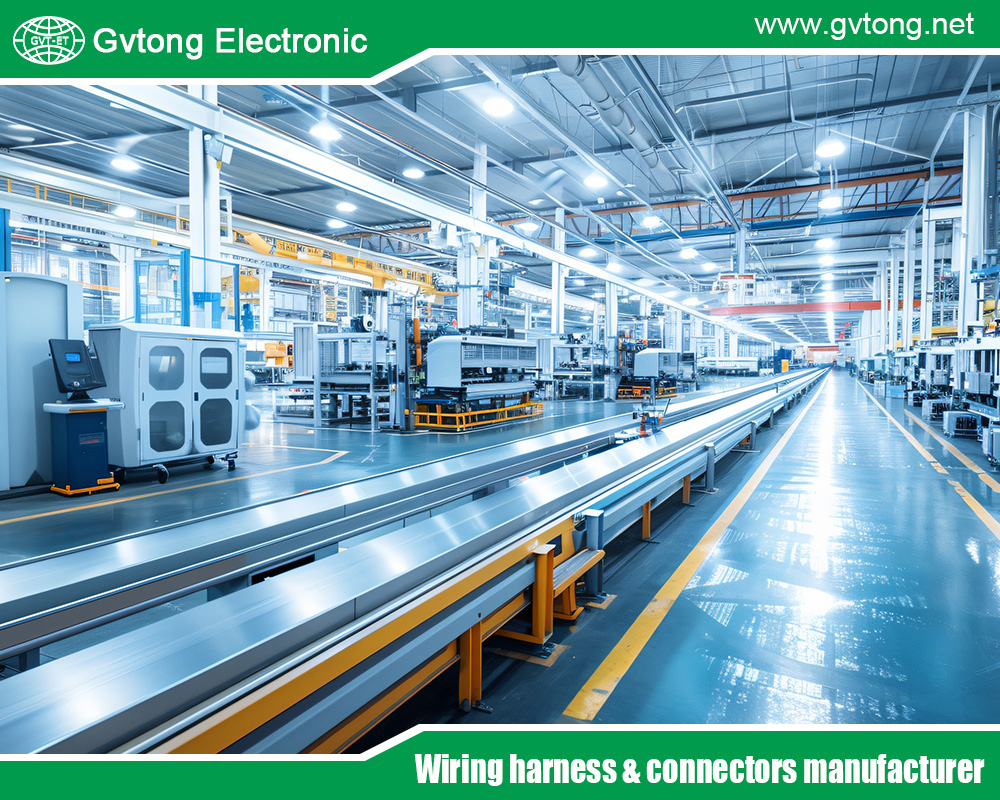
Conclusion
Automotive connectors may be small in size, but their impact on vehicle performance, safety, and reliability is immense. From powering critical systems to enabling high-speed data communication, these components are the backbone of modern vehicles. Choosing the right connectors—those that are durable, compatible, and tailored to specific applications—is essential for ensuring optimal performance, reducing maintenance costs, and supporting the automotive industry’s rapid evolution.
As vehicles become more electrified, autonomous, and connected, the role of automotive connectors will only grow in significance. By understanding their importance and following best practices for selection, manufacturers, engineers, and automotive professionals can build vehicles that are safer, more efficient, and ready for the future. In an industry where every detail matters, the right automotive connectors make all the difference.
For more about the importance of having the right automotive connectors, you can pay a visit to Gvtong at https://www.gvtong.net/ for more info.
Recent Posts
How to Diagnose and Repair Automotive Signal Connector Failures
How to Install and Maintain Low Pressure Automotive Connectors
Heat Shrink vs. Crimp: Choosing the Right 12V Car Wire Connector
Best 12V Automotive Wire Connectors for Reliable Electrical Connections
Tags
Recommended Products
-
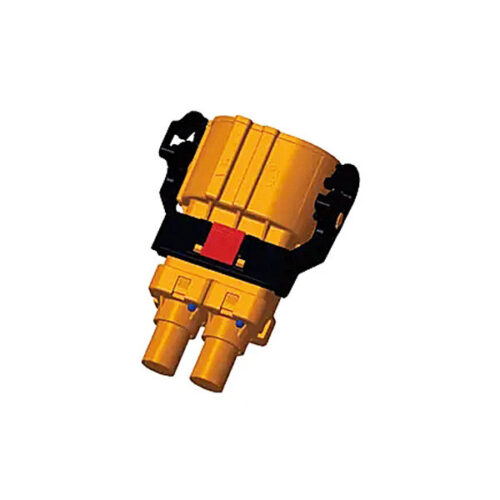
High voltage connector-GH800 series-2 core
-
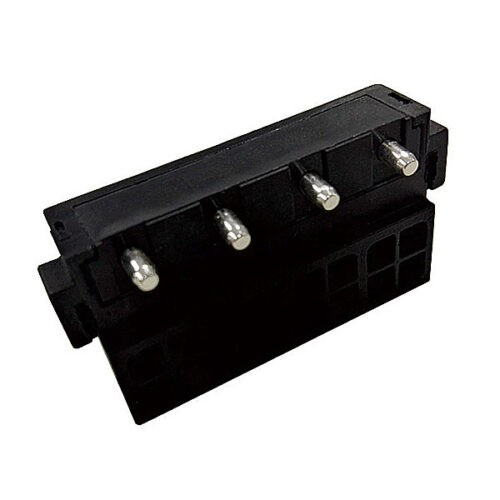
4-pin power connector (35A)
-
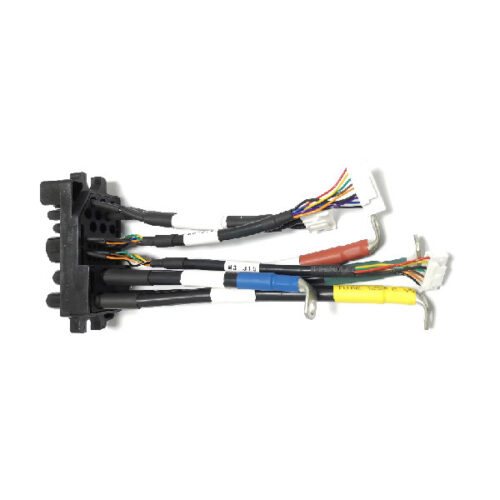
Low voltage harness
-
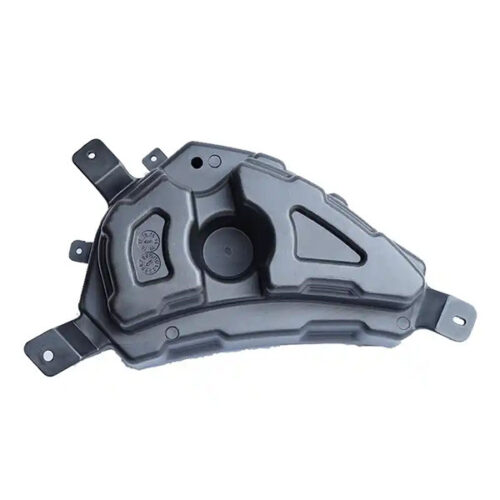
EV’s Plastic Injection Parts
-
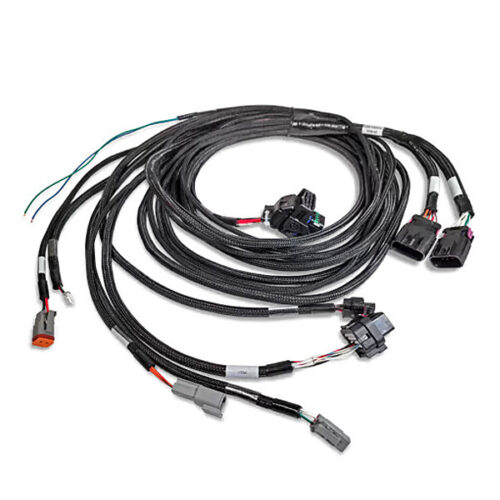
Automotive low pressure wiring harness
-
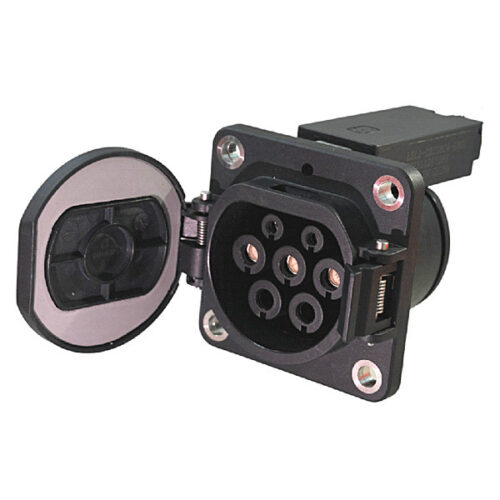
Electric Vehicles AC charging socket, New Energy Vehicles AC Socket Type 1 EV Charging Adapter
-
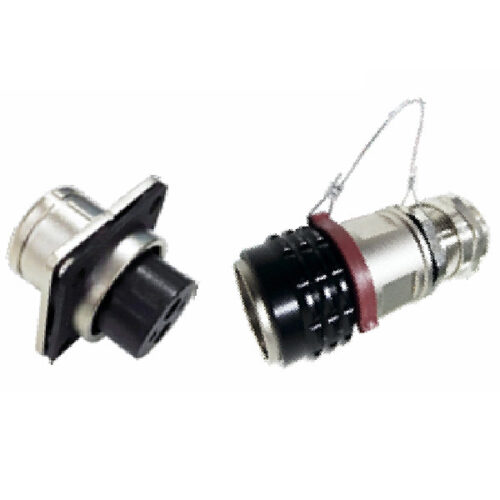
GT Series-2-core/3-core Signal Connector
-
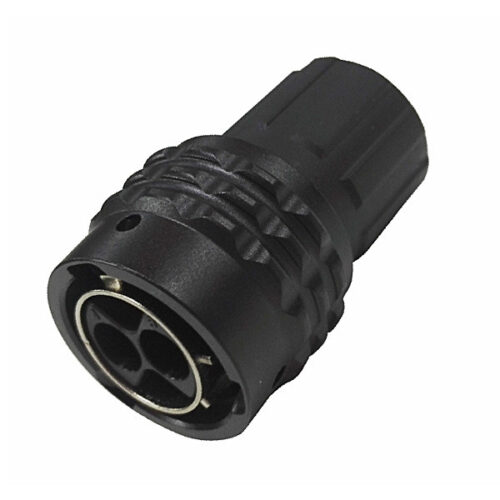
GR Series-2-core 12# circular signal connector
